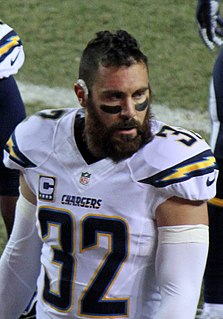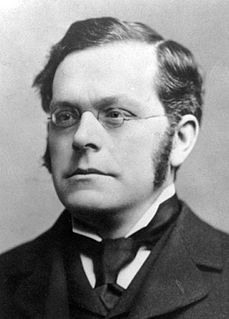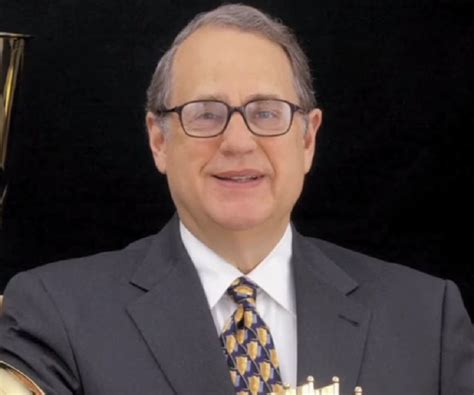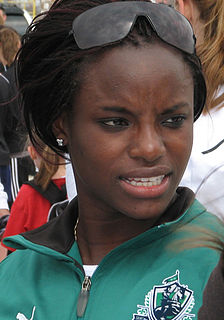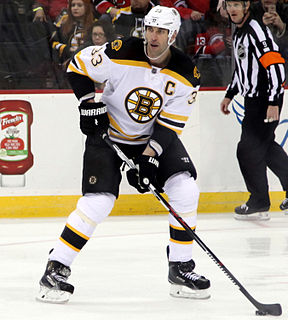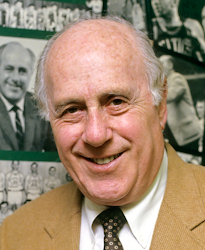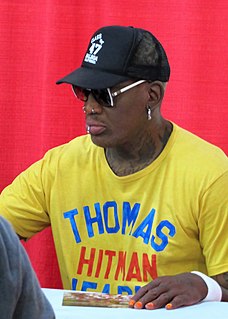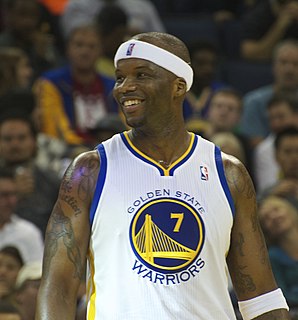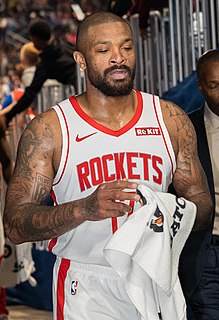A Quote by Gordon Hayward
There's no ill will on my end for anybody within the Boston organization or players.
Related Quotes
You must develop a sense of what you can contribute that goes beyond 1 company or organization. A career path today will likely involve moving from organization to organization, creating a picture of rising circles, rather than a vertical ladder. In fact, a vertical rise within one organization will very likely move you away from your strongest areas of competence.
The true historian, therefore, seeking to compose a true picture of the thing acted, must collect facts and combine facts. Methods will differ, styles will differ. Nobody ever does anything like anybody else; but the end in view is generally the same, and the historian's end is truthful narration. Maxims he will have, if he is wise, never a one; and as for a moral, if he tell his story well, it will need none; if he tell it ill, it will deserve none.
If you really want to drop the guilt you will have to drop your parental voices within, the priestly voices within. You will have to get rid of your parents and your conditioning. Life has been in such a trap up to now that even a small child starts feeling guilty. We have not yet been able to develop an education which can help people to grow without feeling guilty. And unless that education happens man will remain ill, ill at ease.
Shadow is the obstruction of light. Shadows appear to me to be of supreme importance in perspective, because, without them opaque and solid bodies will be ill defined; that which is contained within their outlines and their boundaries themselves will be ill-understood unless they are shown against a background of a different tone from themselves.
You see, in sports you have so many things that aren't expected. There's so much uncertainty. So when players find themselves in a situation where management has a great deal of integrity and they can depend on my word or anybody else's word in the organization, they feel secure. And if the players feel secure, they don't want to leave here. And if they don't want to leave here, they're going to do everything they can on the court to stay here.





